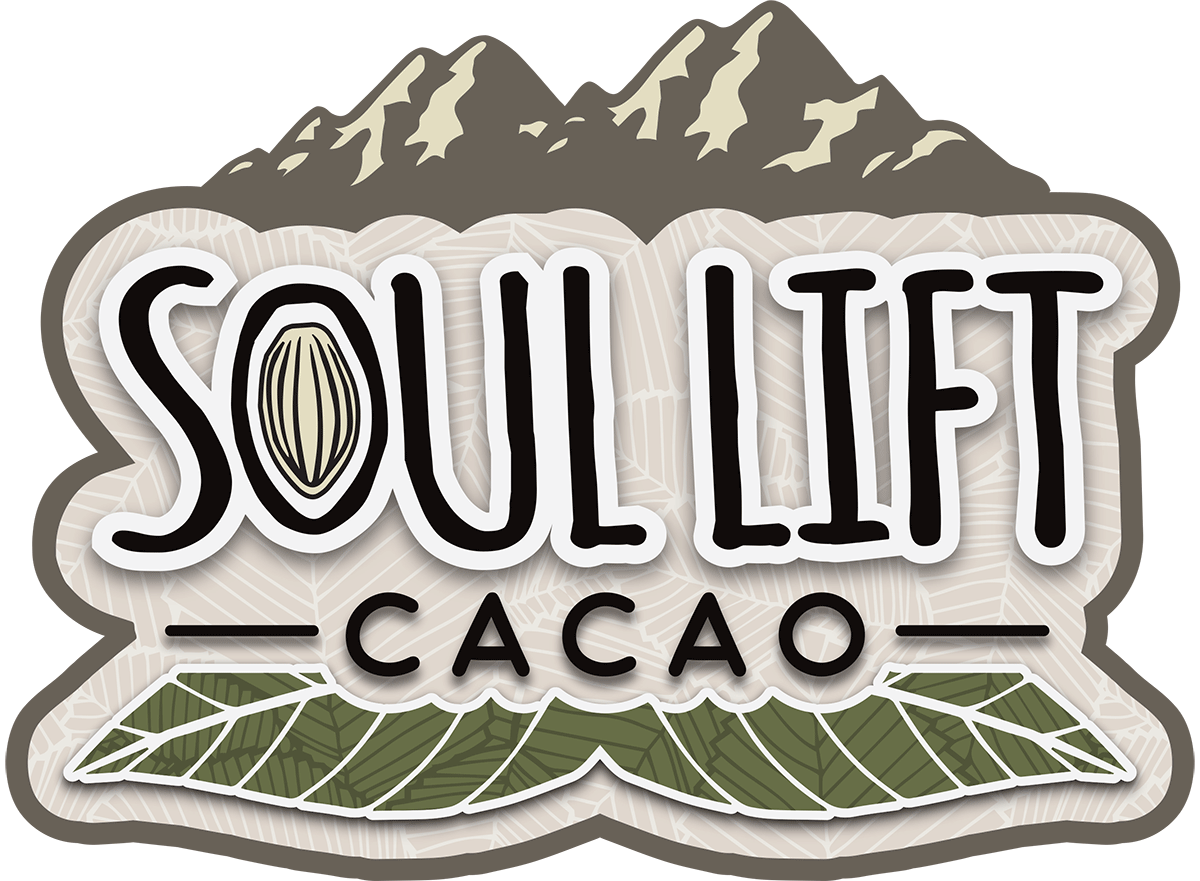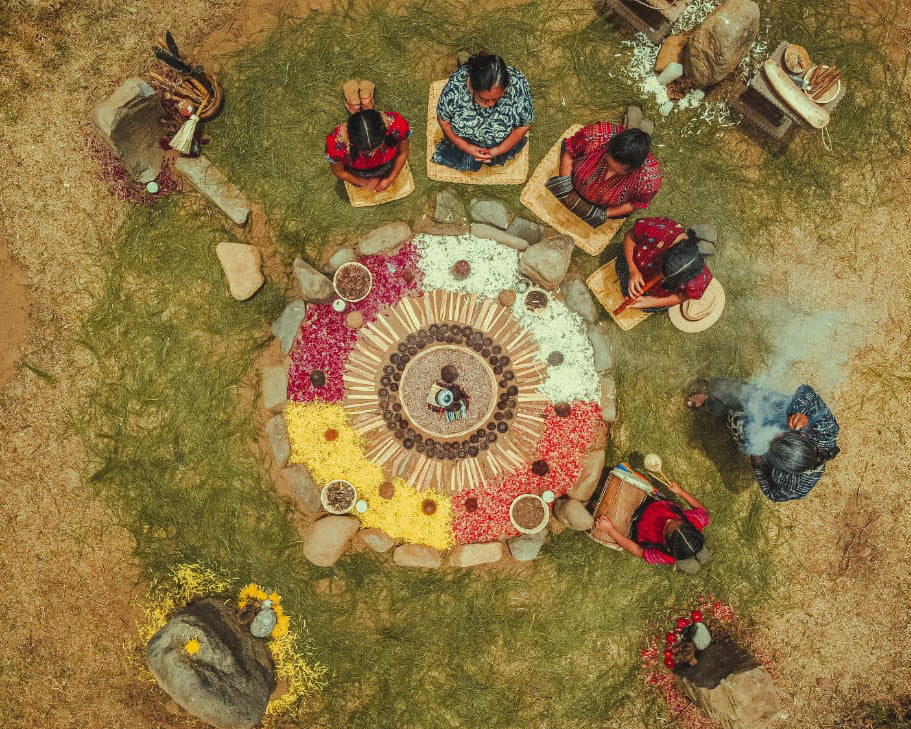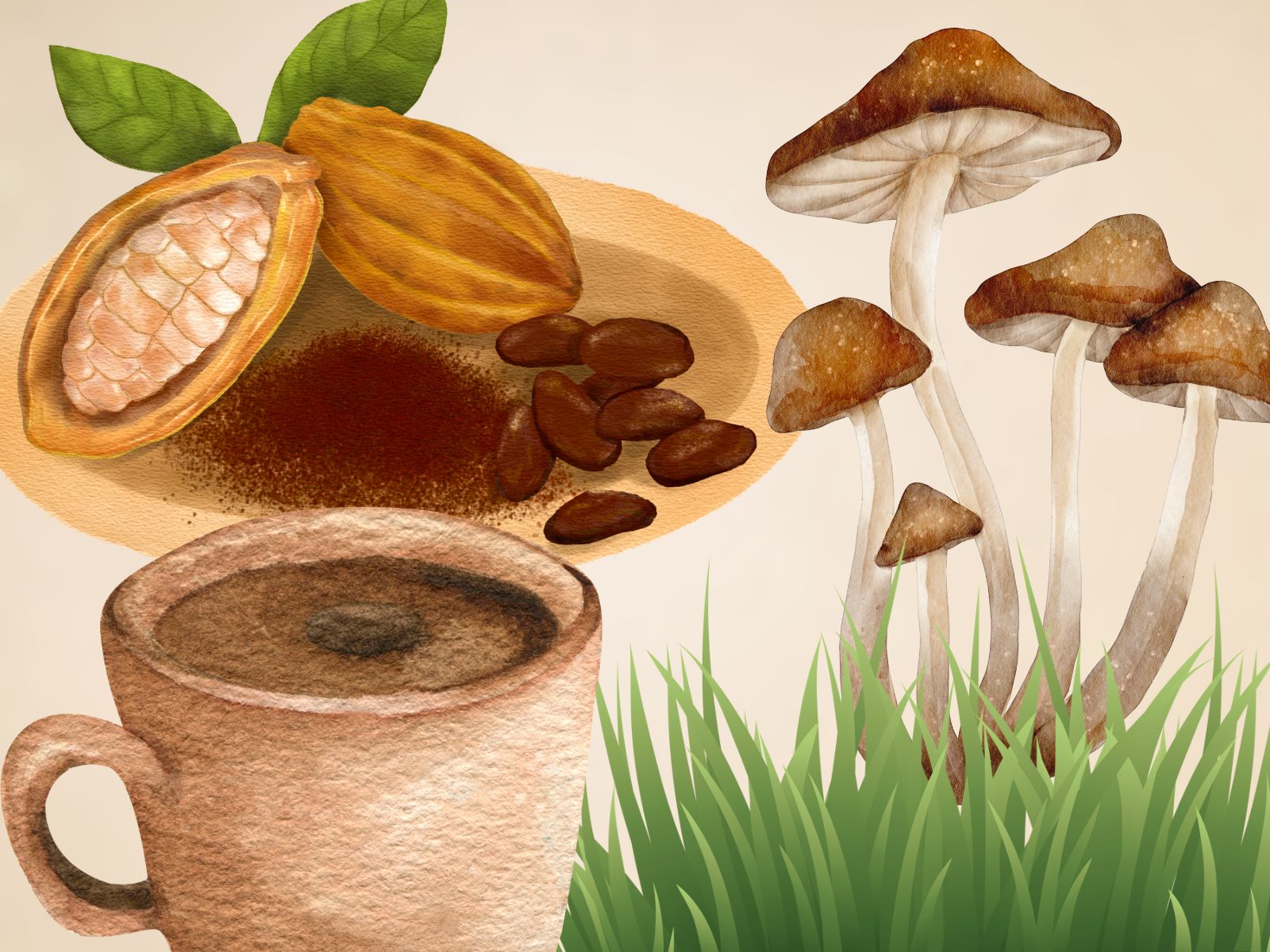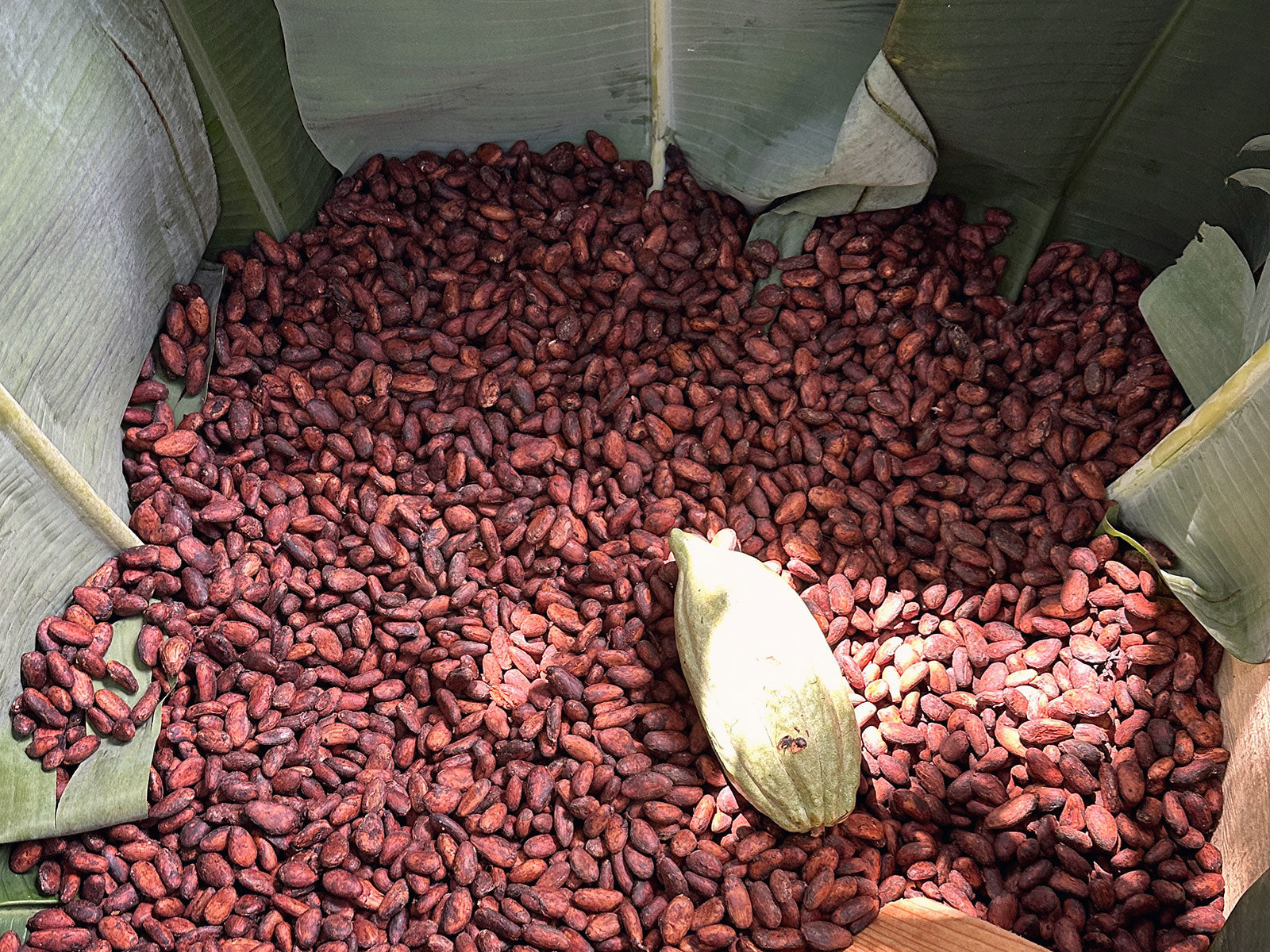Heart of the Earth, what a great name for an amazing tasty and uplifting drink. I float after my morning warm cacao drink. I would highly recommend buying from Soul lift as it is an easy, affordable and fast process.
This cacao is rich, deep, earthy but soft and mellow. My all time favorite! 💚
Making my morning routine drink into a ceremonial prayer. I was introduced to soullift cacao by a local shaman, to prepare me for my session. Since the moment I started drinking cacao I have felt a rise in my energy levels and the amount of blissful moments sitting outside in the New Mexico desert, sipping from my cup, has not only increased the brightness of all colors around me, the hair in my nostrils flirting with the delightful aromas as I blow away some steam making way for the clear expansion of my heart leading into a higher understanding of why I am so enjoying this amazing moment, here and now. To swirl my drink with a pun, my soul feels lifted and I have you to thank for it.
I love the smooth texture and taste to the Cherry Amore! It has a refreshing taste and great consistency, Yummy!
I love this interesting taste that has a great chocolate taste. I will definitely add this to my many cacao varieties.




